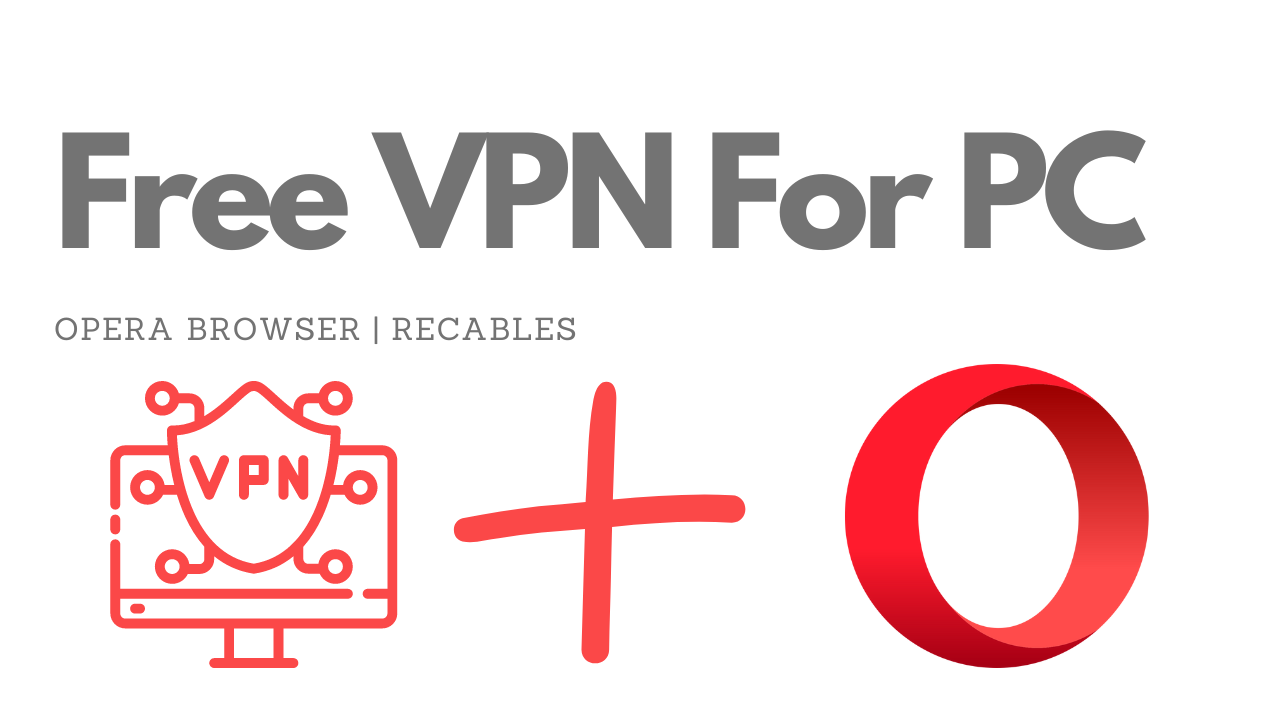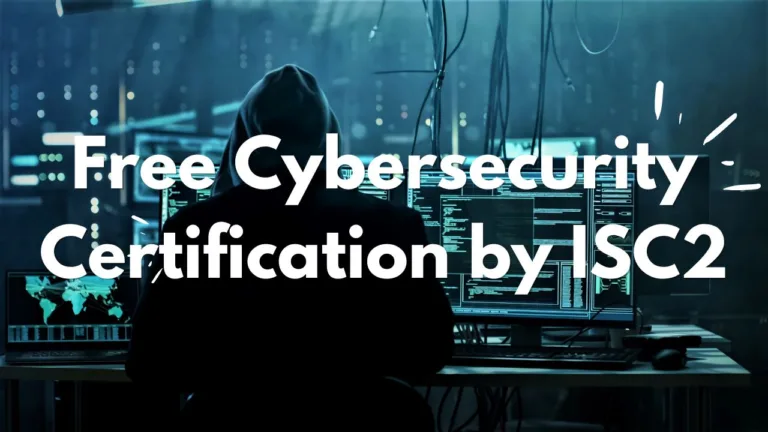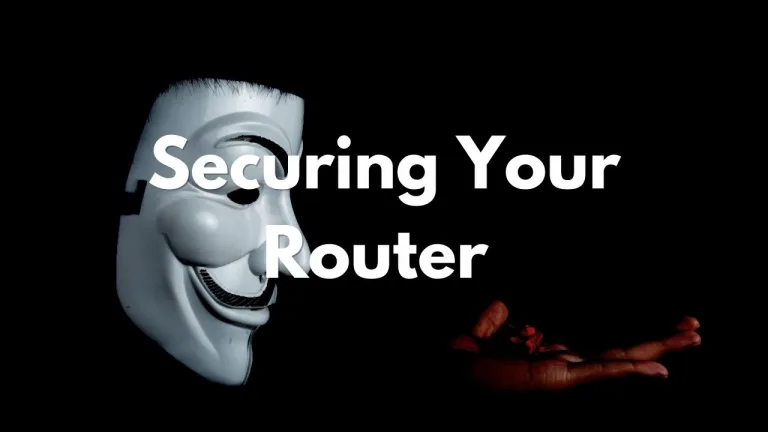Free VPN For PC
Need a VPN but don’t want to spend any money? We’re reviewing a free VPN for PC that might be just what you’re looking for. This browser-based VPN is free and available for Windows, MacOS, Android and Linux operating systems. But before we get to the review, let’s cover some VPN basics.
What Is A VPN?
VPN stands for “Virtual Private Network.” It is a tool that encrypts your internet traffic and hides your IP address and virtual location.

What is a VPN used for?
A virtual private network significantly boosts your online privacy and security. Thanks to its encryption, third parties cannot spy on your online activity. Even your Internet Service Provider cannot see what you do online.
A VPN also allows you to overcome internet censorship. All your traffic is routed through a remote server, so you can access websites restricted in your country.
What is an IP address?
An IP address or Internet Protocol address is a string of numbers or hexadecimal digits that identifies your device when you connect to the Internet. Devices and servers use IP addresses to exchange information very much like how our physical address is used to send mail.
All devices on a home network have a local IP address. Your router will then assign them a public IP address when they connect to the Internet. Every website that you connect to can see your public IP and from that, determine your physical location.
By using a VPN, you mask your actual IP address so the website registers a different IP address and physical location. This helps to prevent your online activity being tracked through your IP address.
How does a VPN work?
When you connect to a VPN, it creates an encrypted tunnel that secures data traveling between you and the VPN server. Each data packet is wrapped in an outer packet and the outer packet is then encrypted. When your data reaches the server, the outer packet is decrypted.
A VPN protocol is a set of encryption standard that are used to create the secure connection between two devices. Here are some of the common ones:
OpenVPN is the protocol used by most VPN providers. It offers a nice balance between speed and security and can be used on both TCP and UDP ports.
IKEv2 or Internet Key Exchange version two is a tunnelling protocol usually paired with IPsec for encryption. Its strength is that it is able to adapt well to changes in the network. This makes it a good choice for phone users who switch between Wi-Fi and mobile connection.
When Should You Use A VPN?
Everyone can use a VPN and there are many valid reasons to use one. Whether you’re at the airport with an untrustworthy public WiFi or a traveller who wants to get around content restrictions, VPNs have many use cases.
By hiding your IP address and encrypting your Internet traffic, you can enjoy a safer and less restricted Internet. Here are some scenarios when you should use a VPN.
You want to access blocked websites
Countries have blocked certain websites. For example, YouTube is famously blocked in China. How do you access YouTube in China? You use a VPN. By using a VPN, your IP address changes and your Internet traffic is redirected through a remote server, letting you browse as though your ISP was the VPN server instead.
Certain websites or content may be restricted to the country you’re residing in as well. So when you travel, you may not be able to access such content. A VPN could allow you to allow you to appear like you’re still at home even though you are abroad.
You want to secure your online data.
You need an extra layer of protection when you’re online. Not all websites use HTTPS and If you visit a website without HTTPS, the data you send or receive can be stolen by third parties.
Unsecure apps can also leak your data and the worst part is that there is no way of knowing whether the app is secure or not. Even if an app doesn’t follow cybersecurity best practices, a VPN encrypts all your Internet traffic, so you don’t need to worry about an app or website leaking your data.
You are on an unsecure connection
You need to be extra careful when using WiFi in hotels, at cafes and at the airport. Public WiFi is insecure and criminals may be spying on your traffic. They could also steal your data or infect your computer with malware without you even knowing it.
The added security provided by a VPN is a must in our opinion when you are on public WiFi.
You want to avoid government surveillance
Governments actively track the online activity of their citizens. They usually have access to Internet Service Providers and Internet companies that operate in their jurisdiction.

According to cybersecurity firm Surfshark which publishes the User Data Surveillance Report, the data requests received by the world’s biggest tech companies like Apple, Meta, Google and Microsoft, increased three-fold between 2013 and 2020, based on their data across 66 countries.
The top ten countries with the greatest number of user data requests per 100k population are:
- U.S.
- Germany
- U.K.
- Singapore
- France
- Ireland
- Portugal
- Australia
- Belgium
- Taiwan
Free VPN For PC – Opera Browser
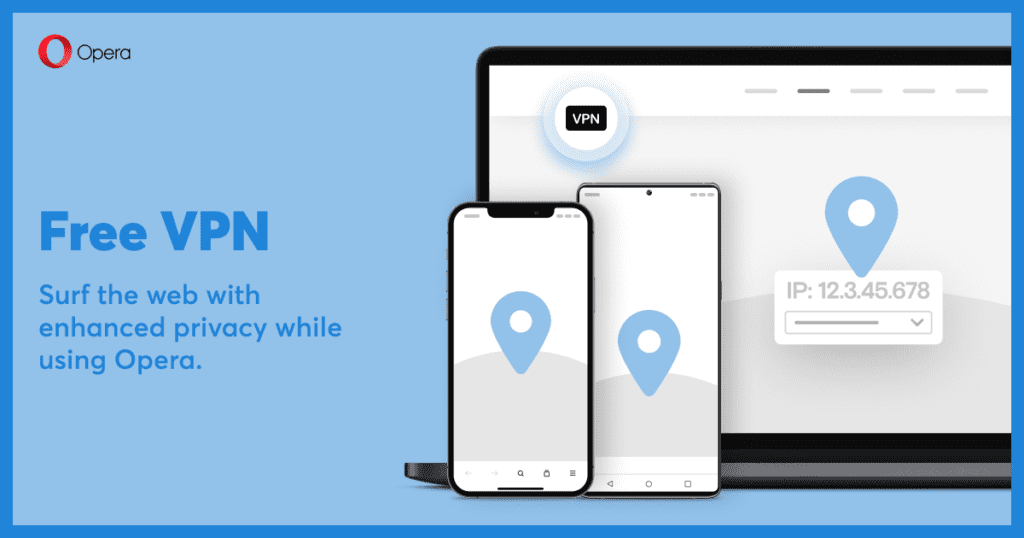
With a bit of background on the VPN technology out of the way, let’s get to the review of what is probably the best free VPN you can get for Windows, and that is Opera VPN. Opera VPN is included when you download the Opera web browser. As a bonus, it comes with an in-built ad blocker. It is important to point out that this is a browser based VPN so only the specific browser window is secured by VPN.
To turn the VPN on, you need to switch to a private browsing window. Either right click the Opera icon and select ‘New Private Window’ or press Ctrl-Shift-N. Then click on the VPN button next to the search bar, select your VPN server location and press the power button. If you have connected to the VPN successfully, you will see the VPN icon in blue. If there are any errors, the VPN icon will be yellow.
You can do a confirmation that you are connected to the VPN successfully by going to whatismyisp.com. Here you will be able to see your new IP address on the VPN as well as the VPN location.
Here is a good video showing the process and a live speed test:
Does A Free VPN Slow Down Internet Speed?
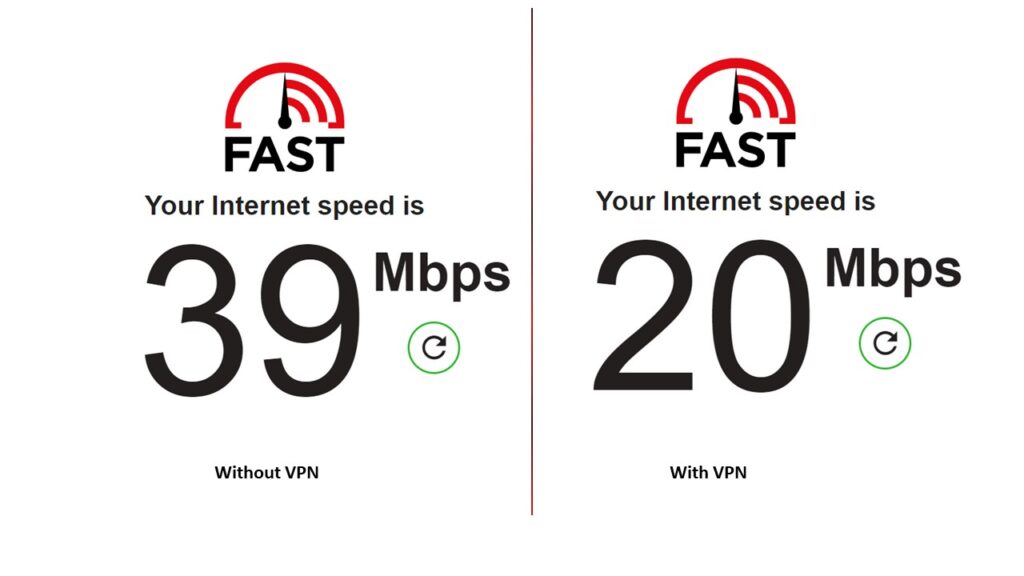
One common worry that many users have when it comes to using a VPN, especially a free one, is that it might slow down their Internet connection making it impossible to stream videos or play video games. Let’s see how the free Opera VPN compares in this regard.
As you can see from the screenshot of my speed test comparing a VPN connection with a non-VPN connection, there is indeed a decrease in speed. Is it prohibitive? For the most part I don’t feel so and if the speeds are above 5-10 Mbps, it is usable for most purposes including video streaming. It isn’t good enough for high performance video gaming or downloading large files. In such cases, you should consider paying for a premium VPN if you still want to maintain privacy.
This is to be expected because of the additional tunnelling, encryption, decryption, and travel that the packets must go through.
Summary
A Virtual Private Network (VPN) helps to secure your data and allow you to evade controls and surveillance put in place by your ISP or government. There are many paid VPN solutions but for basic web surfing and video streaming a free VPN for your PC like the Opera browser is a good starting point.
You simply have to download and install the browser and right away, you have a pretty decent VPN connection that is good for browsing the web and streaming videos. If you have any thoughts, comments about VPNs or the Opera browser specifically, please drop some comments down below. We would love to hear from you.

